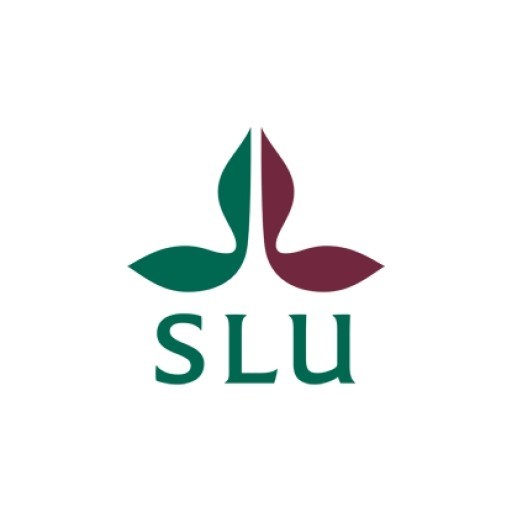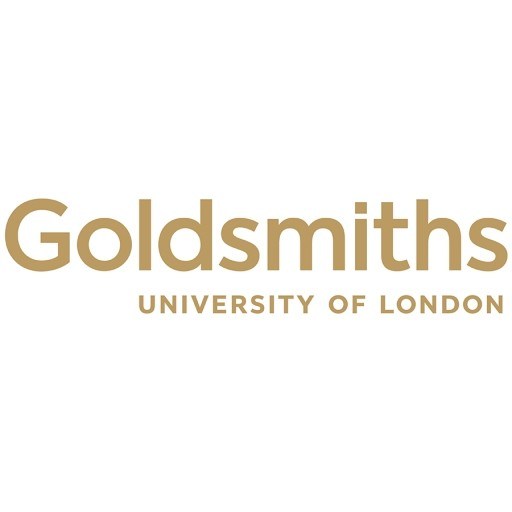Photos of university / #slu.student
Food of Life is a comprehensive and interdisciplinary master's programme offered by the Swedish University of Agricultural Sciences, designed for students passionate about understanding the complex relationships between food, culture, sustainability, and health. This programme provides a unique opportunity to explore food systems from multiple perspectives, combining theoretical knowledge with practical applications to address global challenges related to food security, environmental impact, and cultural diversity.
Throughout the programme, students delve into topics such as food science, nutrition, agricultural practices, food safety, and innovation, while also examining the social, cultural, and economic dimensions of food. The curriculum is structured to promote critical thinking and problem-solving skills, encouraging students to develop sustainable solutions that can be applied in real-world contexts. Emphasis is placed on interdisciplinary collaboration, allowing students to work across fields such as biology, sociology, economics, and gastronomy.
The programme includes a combination of lectures, seminars, workshops, laboratory work, and field studies, providing a well-rounded educational experience. Students are also offered opportunities for international exchange and collaboration with industry partners, fostering a global perspective on food-related issues. Practical training and internships prepare graduates for careers in research, consultancy, food production, policy development, and entrepreneurship within the food sector.
Graduates of Food of Life will possess the knowledge and skills necessary to contribute to sustainable food systems, innovate in food production and processing, and influence policies that promote health and well-being. The programme aims to equip students with a thorough understanding of the multifaceted nature of food and its significance in individual and societal contexts, ultimately preparing them to be leaders and change-makers in the evolving food landscape.
Officially recognized and delivered by one of Sweden’s leading agricultural universities, Food of Life is ideal for students seeking a comprehensive education that combines science, culture, and sustainability to make a meaningful impact on food systems worldwide.
As an EM Food of Life student, you must study in two of the consortium partner countries. If you hold an Erasmus Mundus scholarship, these two countries must be different from the country in which you obtained your last university degree. You will also have the opportunity for a shorter study period in Canada, United Kingdom, New Zealand or Italy. The programme is taught in English and leads to the award of a Double Degree (120 ECTS) in animal science and/or food science disciplines, depending on the choice of institutions.
Admission to the Food of Life programme at the Swedish University of Agricultural Sciences requires applicants to meet specific academic and language prerequisites. Prospective students must hold a recognized bachelor's degree or equivalent qualification, with a strong background in food science, nutrition, biology, or related fields. In addition to the academic credentials, applicants are typically required to demonstrate proficiency in English, with approved test scores such as IELTS or TOEFL, to ensure they can successfully engage with the course materials conducted in English. The application process may also involve submitting a personal motivation letter, curriculum vitae, and references to assess the applicant's interest and suitability for the programme.
The programme emphasizes multidisciplinary knowledge, so prior coursework or experience in areas such as microbiology, chemistry, or food technology can be advantageous. Applicants are encouraged to provide documentation reflecting their relevant academic achievements and work experience. The selection process considers academic performance, motivation, and relevant background to ensure that admitted students are well-prepared for advanced studies in food science and related disciplines.
Once admitted, students are expected to meet certain academic standards throughout the programme, including participation in mandatory coursework, practical training, and research projects. The curriculum is designed to develop both theoretical understanding and practical skills essential for a career in food production, safety, and innovation. The university may also require international applicants to submit documentation for visa applications and demonstrate sufficient financial resources to cover tuition fees and living expenses during their studies.
Programme-specific requirements and detailed instructions are provided on the official university admissions website, and applicants are advised to review these carefully before submitting their applications. Compliance with all prerequisites ensures a smooth admission process and a successful academic experience at the Swedish University of Agricultural Sciences.
The Food of Life master’s program at the Swedish University of Agricultural Sciences (SLU) offers a range of financing options to support prospective students in pursuing their studies. Tuition fees for international students are applicable, and in order to assist students financially, various scholarships and funding opportunities are available. These scholarships are often provided by SLU itself or through external organizations and foundations that support international education. Applicants are encouraged to explore the scholarships offered directly by SLU, which may include merit-based scholarships awarded on academic achievement, as well as need-based aid for students demonstrating financial hardship.
In addition to university scholarships, students may seek funding through governmental programs, such as Swedish Institute Scholarships for Global Professionals (SISGP), which are available for students from selected countries and cover tuition fees, living expenses, and travel costs. These scholarships are highly competitive and require applicants to meet specific criteria, including academic excellence and leadership potential. Students are also advised to explore potential funding opportunities from their home country, including national scholarships and grants designated for students studying abroad.
While studying in Sweden, students also have the option to work part-time to finance their living costs. Swedish regulations permit international students to work up to 20 hours per week during the semester, which can help alleviate some of the financial burdens. Students should consider the cost of living in Sweden, which includes accommodation, food, insurance, and personal expenses, and plan their finances accordingly.
Overall, financing studies at SLU’s Food of Life program involves a combination of scholarships, grants, part-time work, and personal savings. The university actively supports students in seeking financial aid and provides guidance through its student services and international offices. For detailed information on current scholarship opportunities, eligibility criteria, application procedures, and deadlines, prospective students are advised to consult the official SLU website and contact the university’s admissions office. Ensuring adequate financial planning is essential for a successful and enriching educational experience at SLU, enabling students to focus on their academic and research pursuits without undue financial stress.
Food of Life is a multidisciplinary master's program offered at the Swedish University of Agricultural Sciences (SLU). This program focuses on the complex interactions between food, culture, society, and health, emphasizing sustainable development and the role of food in human life. Students in the program explore the cultural, environmental, and health aspects of food and food systems, gaining a broad understanding of how food influences many dimensions of society. The curriculum combines theoretical knowledge with practical skills, including research methodology, critical analysis, and communication. Courses often cover topics such as food history, culinary traditions, food security, nutrition, and food policy, along with methods for sustainable food production and consumption. The program aims to prepare graduates to contribute to sustainable food systems, food policy development, and cultural preservation related to food practices.
Students have opportunities for international collaboration, field studies, and internships that enhance their practical understanding of global and local food issues. The program emphasizes critical thinking and interdisciplinary approaches, encouraging students to analyze current challenges in food production, distribution, and consumption. Graduates of Food of Life can pursue careers in academia, governmental agencies, international organizations, NGOs, or the private sector, working on issues like food security, sustainable agriculture, dietary health, and cultural heritage related to food. The program also fosters skills in communicating complex topics to diverse audiences.
Overall, Food of Life provides a comprehensive and holistic education that prepares students to address some of the most pressing issues in contemporary food systems, blending insights from science, social sciences, and humanities. The program’s multidisciplinary nature and international environment make it well-suited for students interested in exploring the significance of food in fostering sustainable and healthy societies worldwide.









